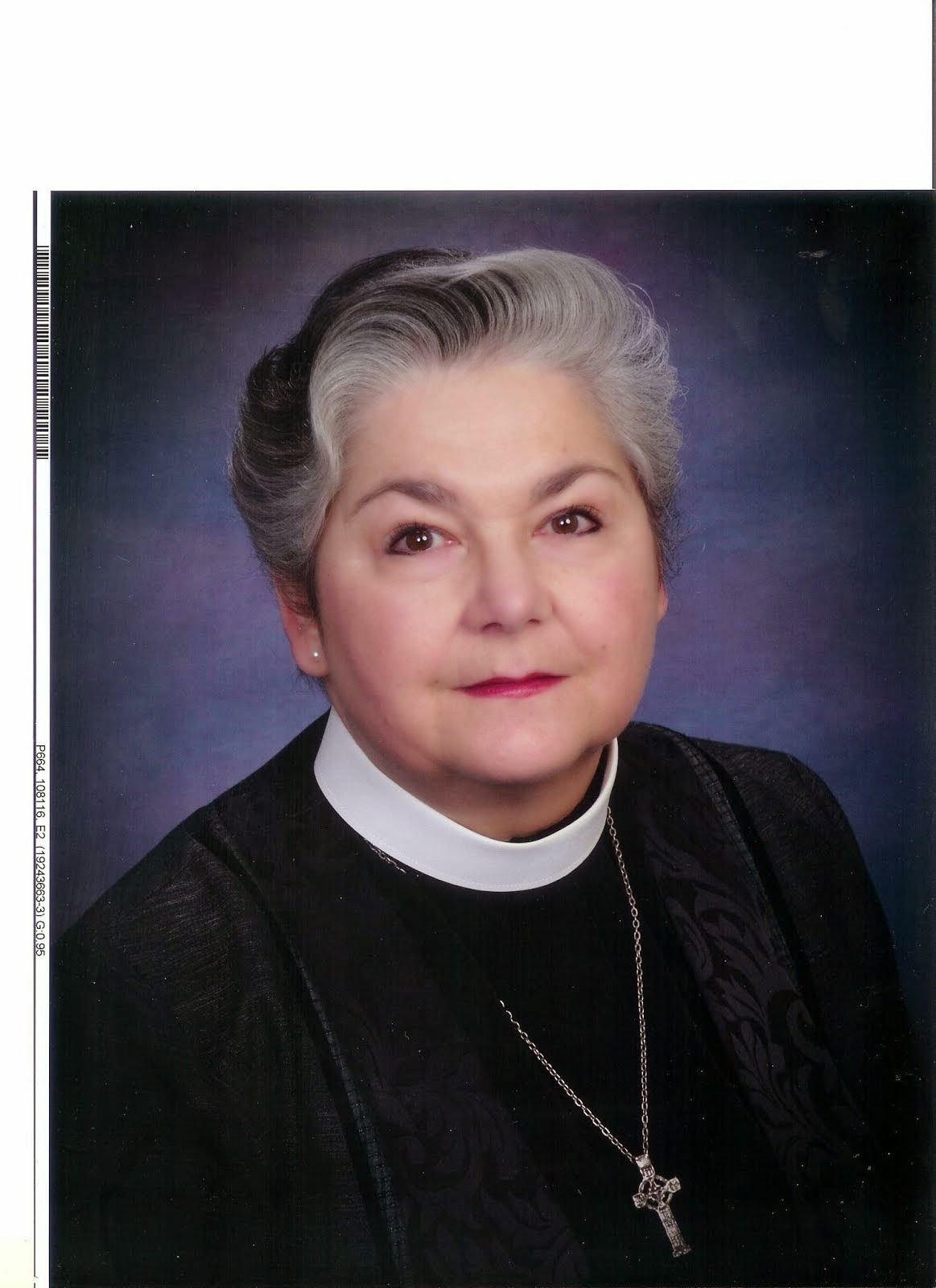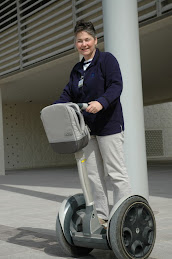They came to the communion rail
barefoot. One woman, wrapped in a yellow sari with gold embroidery. A man with
gray hair wearing a white kurta – that ubiquitous tunic shirt that men of the
Indian subcontinent all wear. Two teenagers with painted toenails, giggling a
bit. A young mother juggling her baby on her hip – how do those saris stay
wrapped when your baby is trying to wriggle out of your arms? There were others
in the congregation, Americans, Canadians, Scots, Brits, a few who had lived in
so many places that it was unclear where they would claim as home. Those others
hesitated a bit if they were new, wondering if in this church in this place,
they too were expected to take off their shoes to receive the Body and Blood of
Christ.
But the old hands here knew the
tradition. These Christians who were a part of the Church of South India,
Christians whose tradition said that they were actually evangelized by St.
Thomas the Apostle in 52 AD, understood that this school gym where we expats
attended our weekly service was holy ground. And so they removed their shoes
before coming to the rail, an echo of the story from the Old Testament this
morning where God instructs Moses to remove his sandals.
Now when we have heard this story, we
have usually concluded that God is commanding Moses not to bring his dirty
sandals onto sacred ground. But those of you who have walked on hot dirty
ground know that while the sandals you wear may have dirt on them, your feet
aren’t exactly gardens of roses either. Sweaty, smelly, dirty, dusty. So maybe
it isn’t about the shoes, per se. But what else could it be?
Anybody here ever participate in a
foot-washing ceremony on Maundy Thursday? Some of you, yes. Is there anything
that can make you feel more shy than showing your feet to a stranger who will
actually bathe your feet? Our feet are not really the prettiest part of our
body. As I get older, my feet look more and more wretched, and I’m shy about
them. Did you know that nail salons do record business on Maundy Thursday with
all those who want their feet to look nice for the foot-washing? We are shy
about being barefoot, where everyone can see our bunions and hammertoes and
that toe where the nail fell off after we ran the marathon, and the rough skin.
When our feet are exposed, we feel vulnerable. Part of that vulnerability is
the look of them, part of it is the fact that if we step on the wrong thing,
they’ll hurt. Any parent who has stepped barefoot on a Lego in the idle of the
night can attest to that. Vulnerable, open, showing a part of ourselves that we
may not necessarily be comfortable showing. Taking away the pretense that we
are in control…because in our hearts we know we are not.
I wonder if what God was doing when he
had that conversation with Moses and told him to take his sandals off was to
deliberately put him into a place of vulnerability. After all, taking off foot
protection in a part of the world where the sand can be 120 degrees and where
there are scorpions…that’s a risk, right? Is he willing to engage in a
conversation with God while his feet are so vulnerable? Is he willing to engage
in a conversation with God while his heart is so vulnerable? Perhaps God wants
him to stop wearing a mask of a simple shepherd married to a Midianite woman
and live in to who he truly is.
After all, Moses is something of an
outlaw. He’s got more than bunions to hide. He had once had a great
relationship with Pharaoh – he was a foster child in Pharaoh’s family, remember
from last week? – but now he is a runaway and suspect by the Hebrews because
he’d grown up in Pharaoh’s household and suspect by the Egyptians because he
killed a slave master who had been beating a Hebrew slave. He is someone who is
looking over his shoulder, even in Midian, wondering when his complicated past
is going to catch up with him.
But it is not his past that catches up
with him, it is his future. A future that he hears in the voice from the
burning bush, giving him orders that he cannot imagine carrying out. And the
only way he can live into the command he is given, to help the Israelites be
free from the yoke of Pharaoh, to lead them to a new land, is to shed all the
things that he believes protect him.
It’s no surprise that Moses’ response
to this command is one we might identify with: “Who, me? The Israelites have no
reason to believe me.”
And God gives instructions to this
complicated and frightened man. He tells him what the future’s promise is, and
it is being Moses’ imagining. He tells him to be vulnerable and brave. And so
begins a chapter in the story of God’s people that requires all who are freed
from the yoke of Pharaoh to be both vulnerable and brave.
They are to take off the familiar
feeling of painful oppression – we sometimes cling to the present existence
even if it is painful because at least we know what it is and that which is
unknown is scary – and they are to go on a journey. They have no idea it’s
going to take 40 years, but they must be vulnerable and brave if they are to be
the people of God.
I think of that when I remember those
sari-clad women in an Anglican church in the Middle East, where Christianity is
not the dominant religion, taking off their shoes to come to the rail. And
those feet, some old and cracked, some young with chipped nail polish…so very
human, so very vulnerable…and so very brave.
They, like the rest of us in that
church, were strangers in another land. None of us knew whether we would be
viewed as friends or as aliens there. But in that church on the Persian Gulf,
we all were vulnerable. We all were aliens. But we all were on a journey.
Perhaps we were working there. Perhaps we were studying there. Perhaps we were
teaching there. Members of that church ranged from ambassadors to taxi drivers,
from nannies to deans of universities. None of us knew what the future would
bring. And yet, we were together in that holy place on holy ground, stripping
ourselves of all that we were using to mask our true selves, making our selves
vulnerable and brave.
This church is on a journey. It has
been wonderful and painful and eye-opening and difficult. Here’s the good news:
we’re almost there. We’ve made ourselves vulnerable and brave. Sometimes we’ve
shown our best selves. Sometimes, not so much. That’s part of being human,
isn’t it? Even Moses messed up every now and again.
So stand on this holy ground. Know that
the great I AM stands here with us. Know that Canaan awaits. Keep your shoes
off so you remember what vulnerability feels like. Keep your hearts open so you
can hear God’s voice, because our hearts are holy ground. Stand on this holy
ground, and thank God for it, for all that has gone before and all that is to
come.
Take off all pretense that you are in
control. God is in control. Thanks be to God.
Amen.







